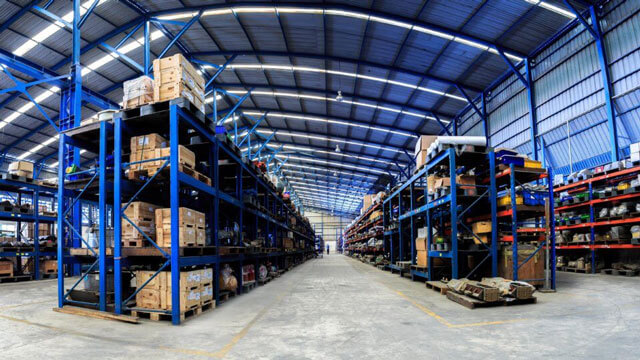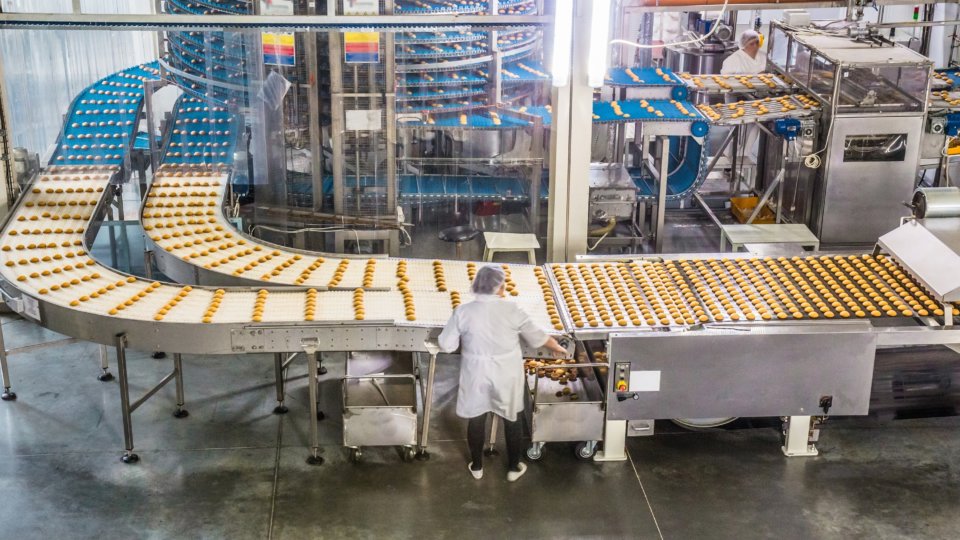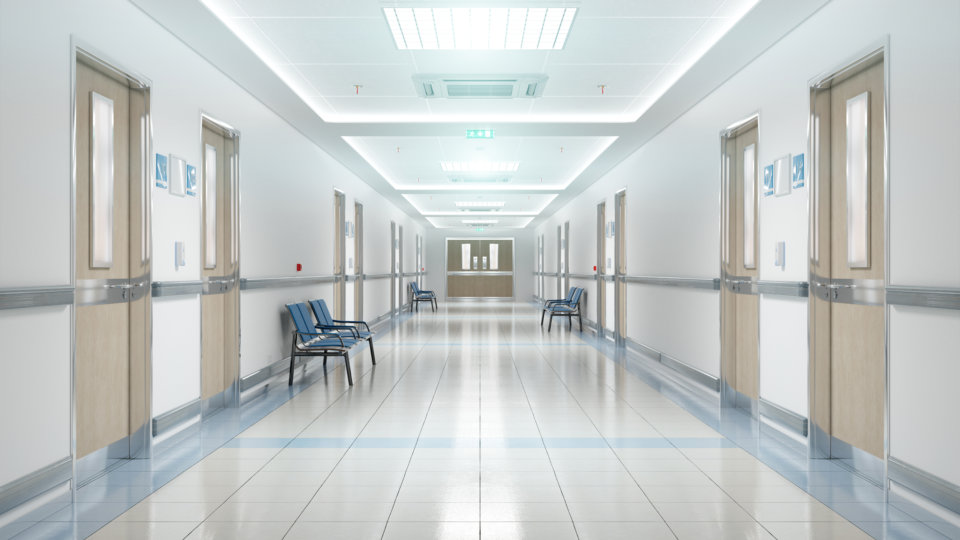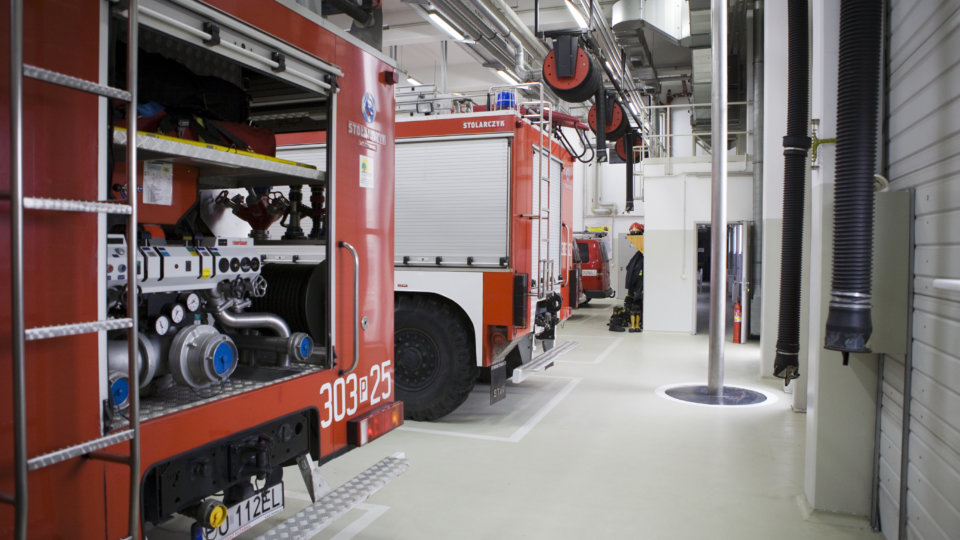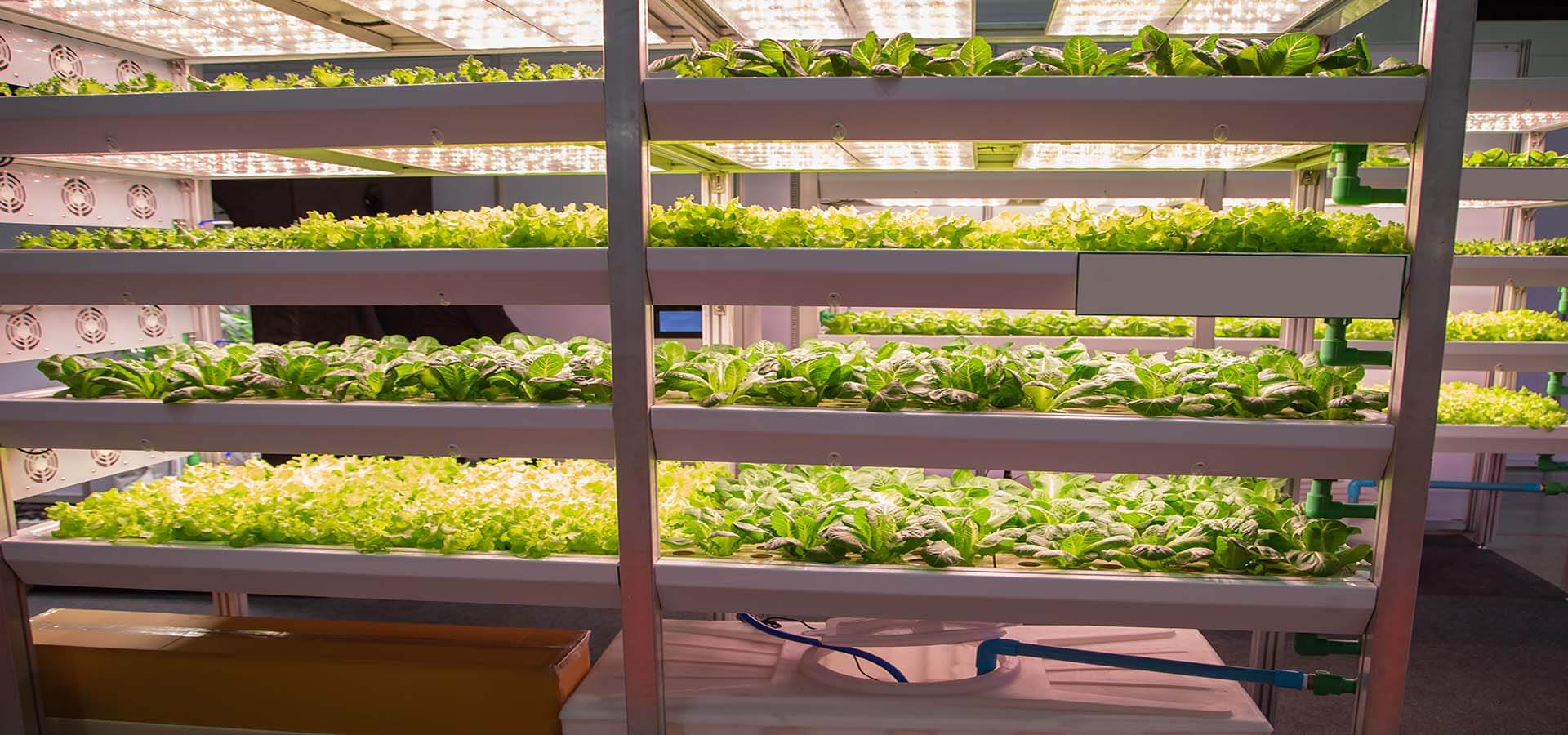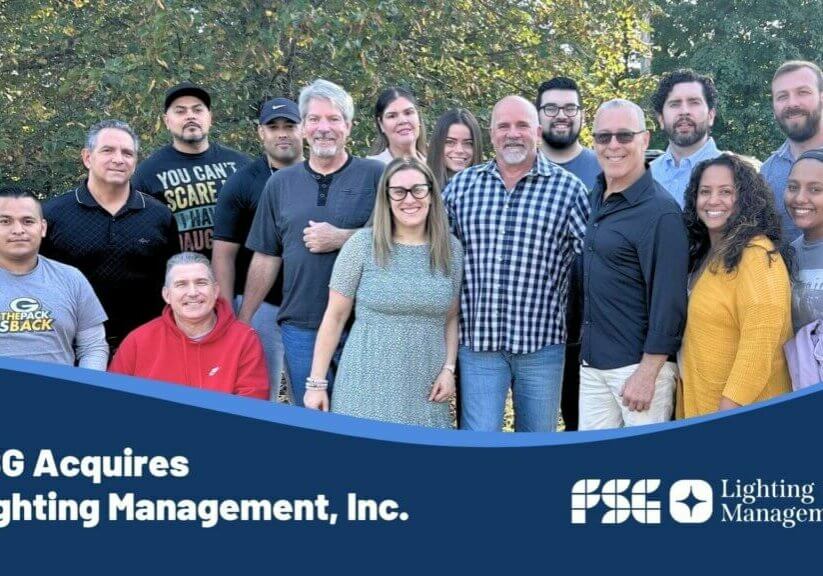The #1 Consideration for Critical Infrastructure Facilities: Finding the Right Electrical Contractor
Share Article
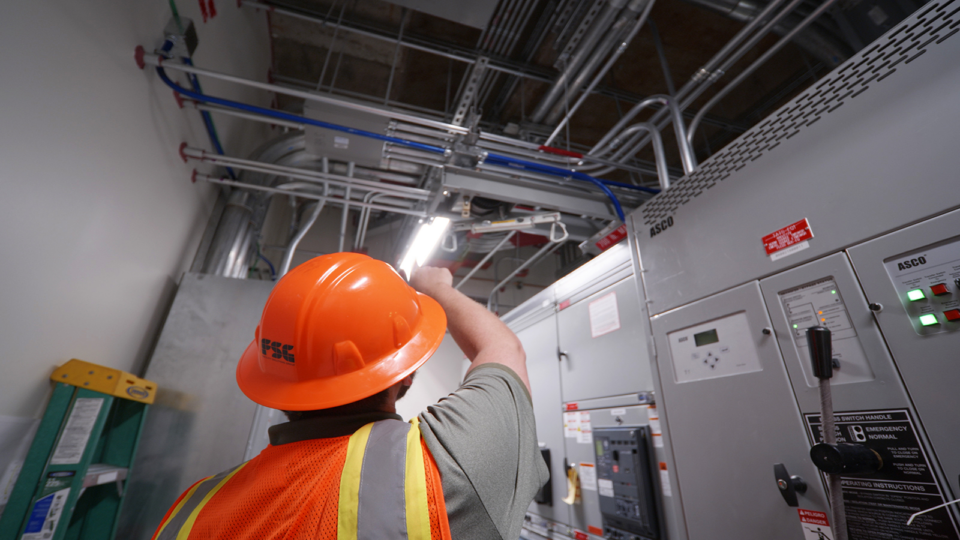
Sections:
- What is a ‘Critical Infrastructure Facility’?
- Different Types of Critical Infrastructure Facilities in the United States
- Keeping the Electrical Systems Running Properly is Imperative
- Critical Infrastructure Facilities Need Reliable Electrical Contractors
- Stepping Up When Catastrophe Does Strike
- When Sustainability Counts, Electrical Contractors Can Help
- FSG is the Right Electrical Contractor for Critical Facilities
All across the country, there are facilities, and then there are facilities.
Some facilities have been designated as critical infrastructure, and are subject to stricter building codes and regulations than other facilities. Generally speaking, whenever a facility is involved in the business of public health and safety, our government recognizes that the stakes are higher when power is interrupted.
Facilities such as hospitals, data centers, and water treatment plants should theoretically never go offline because the negative consequences of a disruption in service could be dire.
In the United States, the reliability and security of the electrical grid have become increasingly important topics in recent years. With cyberattacks on the rise and natural disasters possibly just one storm season away, it is more important than ever to ensure that critical infrastructure facilities are properly equipped to handle potential disruptions to their electrical systems.
What is a ‘Critical Infrastructure Facility’?
First, let’s answer this simple question, what is a critical infrastructure facility?
In the United States, critical infrastructure facilities are any facility that is considered vital to the country’s national security, economic stability, and public safety. They are defined and identified by the United States Department of Homeland Security (DHS).
There are many different types of facilities in the United States that are considered ‘critical infrastructure’. The identification and protection of these facilities and their internal and external systems is a critical priority for national security and public safety.
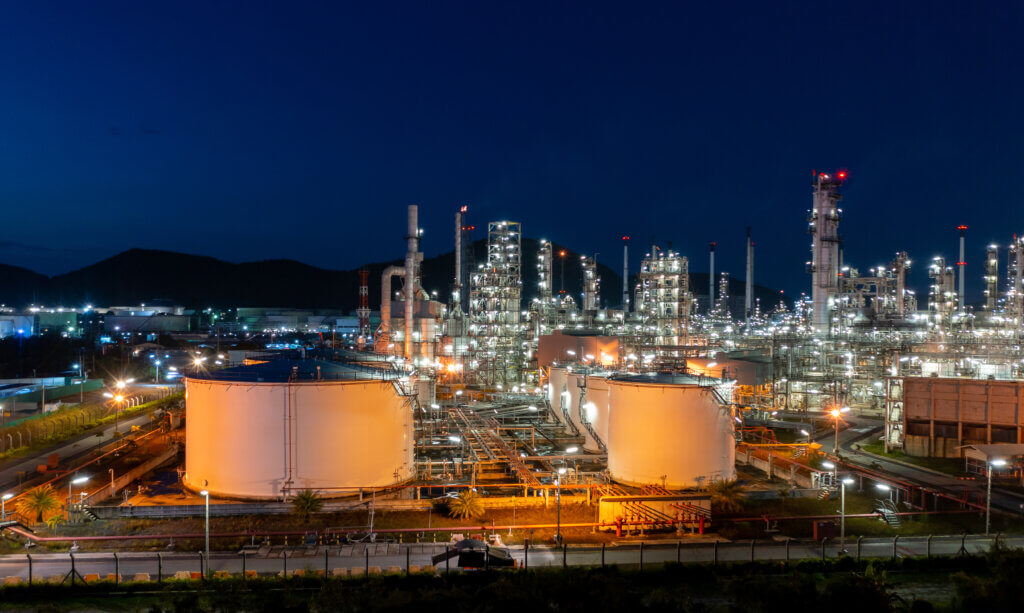
Image Source: iStock
Different Types of Critical Infrastructure Facilities in the United States
Critical infrastructure facilities are essential to our modern society. These facilities provide the necessary services and resources that people depend on every day, such as electricity, water, transportation, communication, and healthcare. Some of the most important types of critical infrastructure facilities include:
Energy facilities – These facilities are responsible for generating, transmitting, and distributing energy to homes and businesses across the country. They include power plants, natural gas pipelines, and electrical transmission and distribution systems.
Water facilities – These facilities are responsible for providing clean water and wastewater treatment services to communities. They include water treatment plants, wastewater treatment plants, and reservoirs.
Transportation facilities – These facilities are responsible for the movement of people and goods across the country. They include highways, airports, ports, and railroads.
Communication facilities – These facilities are responsible for providing communication services, including telephone, internet, and television. They include data centers, cell phone towers, and fiber optic network hubs and terminals.
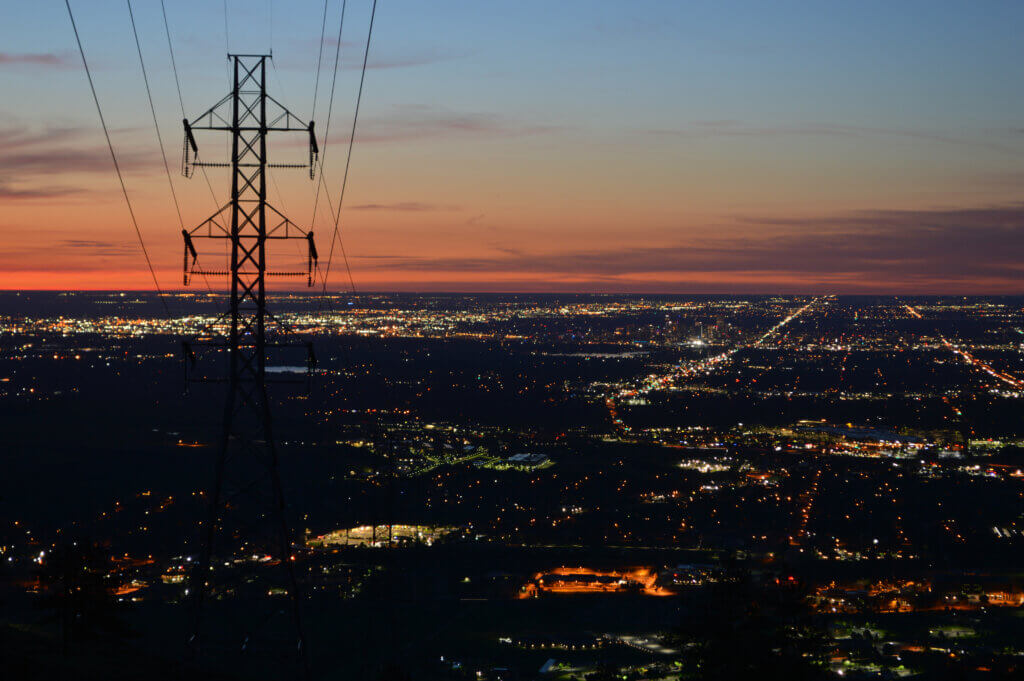
Image Source: iStock
Healthcare facilities – These facilities are responsible for providing medical care to people in need. They include hospitals, clinics, and research laboratories.
Financial facilities – These facilities are responsible for managing the financial system of the country. This includes banks, stock exchanges, and payment processing systems.
Government facilities – These facilities are responsible for providing essential government services, including law enforcement, emergency response, and national defense. They include police stations, fire departments, military bases, and key administrative buildings.
Food and agriculture facilities – These facilities are responsible for producing and distributing food to people across the country. They include farms, food processing plants, and grocery stores.
Chemical facilities – These facilities are responsible for producing and storing chemicals, including hazardous materials. They include chemical plants, refineries, and storage tanks.
All of the critical infrastructure facilities listed above are essential to the functioning of modern society. They provide the necessary services and resources that people depend on every day.
Keeping the Electrical Systems Running Properly is Imperative
One of the primary reasons electrical systems at critical infrastructure facilities are so important is that they are responsible for providing the power necessary to run essential equipment.
For example, in a hospital, the electrical system is responsible for powering critical medical equipment such as ventilators and monitors, as well as lights, heating and cooling systems, and other important devices. If the electrical system were to fail, these critical systems would go down, placing patients’ lives at risk.
VIEW OUR HOSPITAL & HEALTHCARE FACILITY CASE STUDIES
Similarly, data centers rely on electrical systems to power the servers and other hardware necessary to store and process vast amounts of data. A disruption to the electrical system could lead to data loss, which could have severe consequences for businesses and individuals alike.
Water treatment plants are another example of critical infrastructure facilities that rely on essential electrical systems. These facilities provide clean water to millions of people across the country, and without a reliable electrical system, these facilities would be unable to operate, resulting in water shortages and other problems.
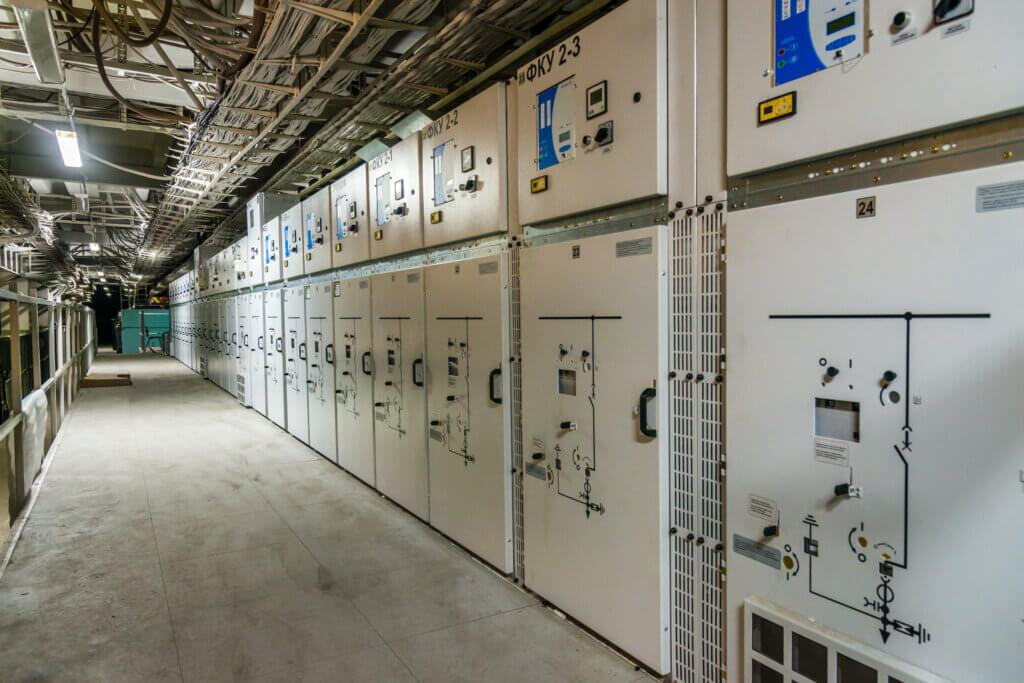
Image Source: iStock
In addition to providing power to key operating equipment at critical infrastructure facilities, electrical systems also ensure the safety and security of these facilities. Critical infrastructure facilities rely on security systems that need electricity to operate. Without power, these security systems go offline, potentially rendering the facility vulnerable to unauthorized access or theft.
Electrical systems can also be vulnerable to cyberattacks that can severely impact critical infrastructure facilities. A cyberattack on the electrical system of a hospital or water treatment plant, for example, could lead to a loss of power or even a shutdown of the facility. This circumstance could result in severe public health and safety consequences.
The electrical systems that power critical infrastructure facilities are essential for ensuring the proper functioning of these facilities. Without reliable and secure electrical systems, critical infrastructure facilities would be unable to provide the essential services they are tasked with providing.
Critical Infrastructure Facilities Need Reliable Electrical Contractors
As we have said, critical infrastructure facilities require reliable electrical systems – and backup (emergency) power systems – to function properly. These facilities are responsible for providing essential services and resources, and any disruption to their electrical systems can have severe consequences for public health, safety, and the economy as a whole.
As such, it is essential for critical infrastructure facilities to have a reliable electrical contractor who can ensure the facility’s electrical systems are properly designed, installed, and maintained. Here are some reasons why critical infrastructure facilities need a reliable electrical contractor:
Expertise and experience – Designing and installing electrical systems that meet the specific needs of critical infrastructure facilities is not a job for a contractor just getting started in the business. Documented expertise and experience with these types of projects means that the electrical contractor understands the unique requirements of these facilities and can provide solutions that are efficient, effective, and safe.
Compliance with regulations – Critical infrastructure facilities are subject to a wide range of regulations and standards, including those related to electrical safety. An electrical contractor that understands these regulations can ensure that the electrical systems of critical infrastructure facilities are up to code and in full compliance with all applicable regulations.
Dependable operations – The electrical systems of critical infrastructure facilities need to be designed and installed to operate reliably in all conditions, including extreme conditions. The best electrical contractors provide electrical systems that are built to withstand harsh conditions, such as extreme weather events, and can ensure that these systems operate dependably for years.
Minimal downtime – Any disruption to the electrical systems of critical infrastructure facilities can have severe consequences, as stated above. A reliable electrical contractor can ensure that these systems are properly maintained to minimize downtime and deliver continuity of service.
Cost savings – A reliable electrical contractor can provide electrical systems that are designed to be energy efficient and cost-effective. Additionally, project costs are less likely to skyrocket when experienced contractors are involved, and unexpected circumstances have been factored into the quote. These cost-saving measures can demonstrably improve the bottom line for critical infrastructure facilities.
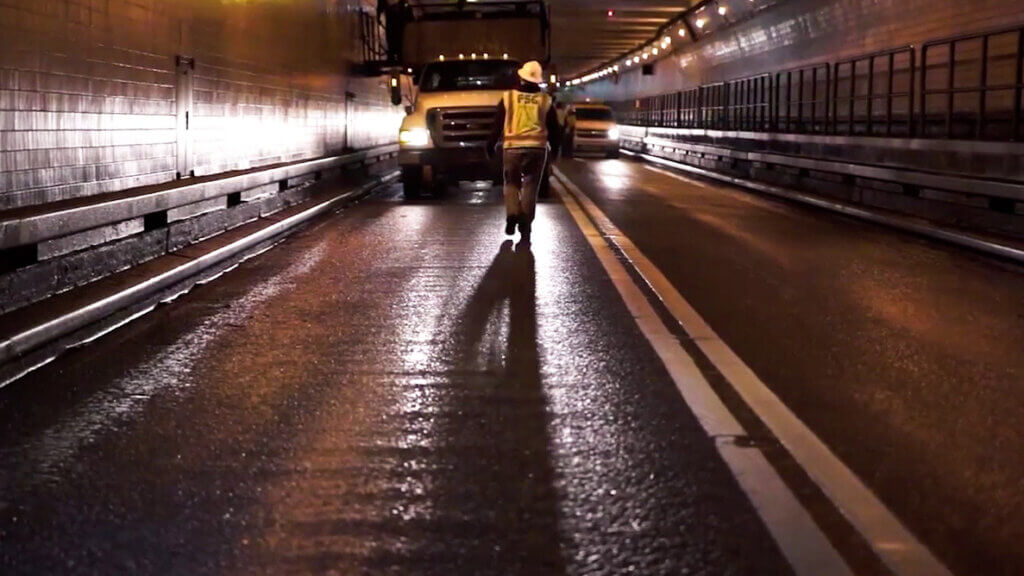
Image Source: FSG Media
Clearly, critical infrastructure facilities need reliable electrical contractors to ensure their electrical systems are designed, installed, and maintained to meet the specific needs of the facility. The most reliable electrical contractors provide the necessary expertise, experience, and regulatory compliance to ensure that electrical systems operate dependably with minimal downtime, while also providing long-term cost savings.
Stepping Up When Catastrophe Does Strike
Sometimes, the inevitable does happen. Disaster strikes. A critical infrastructure facility needs to have a reliable partner to help fix the problem in a proper and timely manner. (See below what happens when disaster strikes at closing time on a Friday.)
Electrical contractors with experience know the steps to take. Knowing how to assess the damage and identify the problem is a job best left to experts who have been there and seen it all.
Once the situation has been identified, having a reliable electrical contractor partner with a plan, with access to proper equipment, and most importantly, with skilled labor to execute that plan is key. They should work efficiently and safely to minimize downtime and ensure that the facility is back operating correctly as soon as possible.
Having a full-service electrical contractor can save a lot of time and stress for a facility manager of any type. Once the plan is put into place and the work is done to fix the problem, the right partner will verify that the problem has been fully solved and ensure there are no electrical shorts or system failures just about to take place.
The last thing a reliable electrical contractor will do is provide recommendations for preventive maintenance to avoid similar catastrophes in the future.
When Sustainability Counts, Electrical Contractors Can Help
A reliable electrical contractor can play an important role in helping to build more sustainable critical infrastructure facilities. Here are some ways that an electrical contractor can help critical facilities meet their sustainability goals:
Energy-efficient lighting and controls – One of the easiest ways that an electrical contractor can help make critical infrastructure facilities more sustainable is by installing energy-efficient lighting and lighting controls. Energy-efficient lighting systems use less electricity than traditional lighting systems, reducing energy consumption and saving money on operating costs (OPEX).
Renewable energy systems – An electrical contractor can help integrate renewable energy sources, such as solar or wind power, into the electrical systems of critical infrastructure facilities. Renewable energy systems reduce reliance on non-renewable energy sources and provide a sustainable source of energy for the facility.
Building automation systems (BAS) – An electrical contractor can deliver and install building automation systems that can automatically adjust the facility’s lighting, heating, and cooling systems based on occupancy and other factors. These systems can help to reduce energy consumption and save money on utility bills.
Electrical system upgrades – An electrical contractor can upgrade the electrical systems of older critical infrastructure facilities to make them more energy-efficient. This may include replacing old, inefficient electrical equipment with newer, more energy-efficient equipment.
Energy audits – An electrical contractor can conduct energy audits of critical infrastructure facilities to identify areas where energy consumption can be reduced. This first step toward sustainability is very important, and the results of the energy audit form the basis for developing a plan to make the facility more energy-efficient.
A reliable, experienced electrical contractor can play a number of important roles when helping to build more sustainable critical infrastructure facilities.
Through the implementation of energy-efficient technologies and renewable energy sources, and by working with facility owners and operators to identify areas where energy consumption can be reduced, the right electrical contractor can deliver results that support the sustainability goals of critical infrastructure facilities.
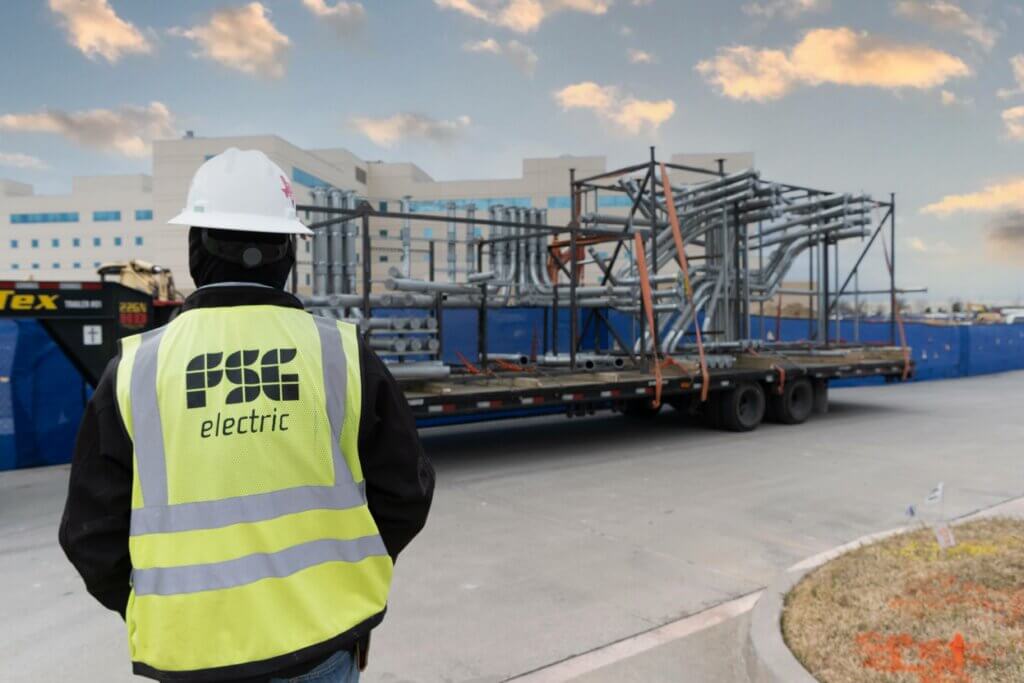
Image Source: FSG Media
Visit our site to learn about how FSG can help your critical infrastructure facility solve lighting & electrical challenges.
FSG is the Right Electrical Contractor for Critical Facilities
Since 1982, FSG has been in the customer solutions business, helping hospitals, airports, train stations, data centers, and water treatment facilities gracefully manage their evolving power, lighting, and technology requirements so they can deliver uninterrupted service in every circumstance.
Our designers and field technicians work at the very top of their profession, with certifications and experience that deliver reliable solutions to meet your present and future needs.
With our national reach, and over 40 years of excellent service experience, we have the expertise and “bench depth” to tackle projects at critical infrastructure facilities all across the United States, no matter the size.
CLICK HERE TO READ: ‘2022 Top Electrical Contractors: FSG in Top 20 Once Again’
At FSG, we absolutely understand the choices local and regional critical facility managers face today. In fact, a large part of our focus in recent years has been dedicated to finding new ways to solve their problems and promote their success.
To discuss some of the ways FSG can work for you and with you to maintain or upgrade your critical infrastructure facility, call (877) 293-6689 or contact us today!
Interested in joining the team? FSG is hiring! View openings and apply at fsgcareers.com.




